
President Trump says he wants to broker the “ultimate deal,” a peace agreement between Israelis and Palestinians. But since taking office in January, he and his aides have failed to offer a framework for negotiations, have failed to assert positions that are vital for securing a peace deal, such as sternly opposing settlement construction, and have refused to endorse the only viable formula for a deal: the two-state solution. He won’t even say “two states.”
Sign our petition: Tell President Trump to Say Two States
Only the two-state solution – two states living side by side in peace and security, each exercising sovereignty and political independence in part of the land that both peoples claim as their exclusive national homes – is a reasonable, viable solution to the Israeli-Palestinian conflict.
 It is the only viable option for ending the Israeli-Palestinian conflict because neither
Israelis nor Palestinians will, nor should be expected to, give up their desire for self-determination in their
own state and because neither side can, nor should force the other side to, relinquish its national
aspirations.
It is the only viable option for ending the Israeli-Palestinian conflict because neither
Israelis nor Palestinians will, nor should be expected to, give up their desire for self-determination in their
own state and because neither side can, nor should force the other side to, relinquish its national
aspirations.
Successive U.S. administrations, Republican and Democratic, have recognized these basic facts. They therefore made
the two-state solution America’s official policy – a key position guiding U.S. policy in the Middle East – for over
15 years.
The two-state solution has become a matter of consensus in the region and internationally. The parties, under their
own successive leaderships, have committed to this vision and negotiated to realize it. Even Prime Minister
Netanyahu, who heads the most hardline government in Israel's history, has explicitly endorsed it. For the Trump
Administration to eschew it is disastrous.
Without a concrete vision for peace, negotiations are fruitless punctuations to perennial violence. Extremists on
both sides have been trying to discredit the two-state vision since it was internationally adopted. Now they have a
partner in the White House.
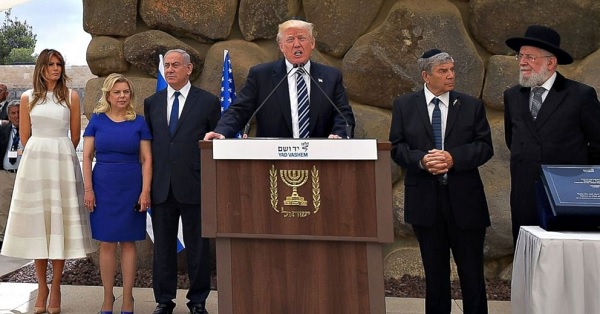


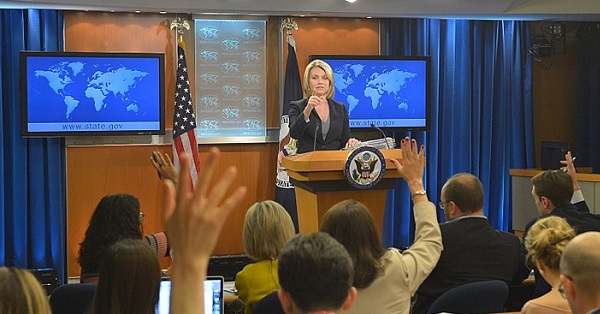
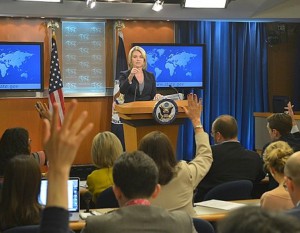 In a recent interview, U.S. Ambassador to Israel David Friedman – a long-time supporter of
Israeli settlements – falsely claimed that Israel occupies “only 2 percent” of the West Bank.
In a recent interview, U.S. Ambassador to Israel David Friedman – a long-time supporter of
Israeli settlements – falsely claimed that Israel occupies “only 2 percent” of the West Bank.
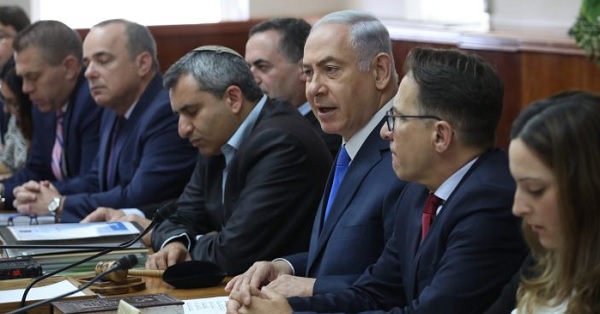
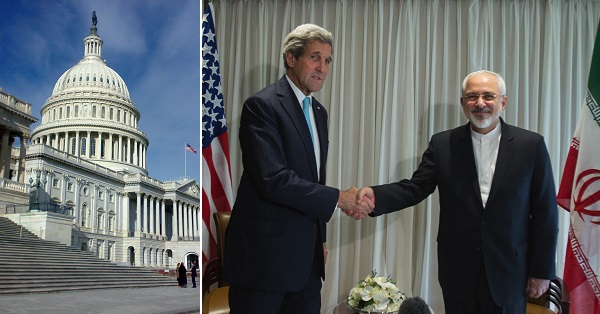
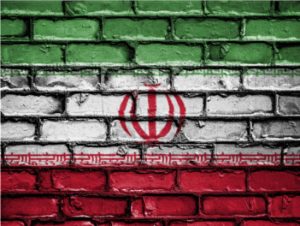 As
As 
